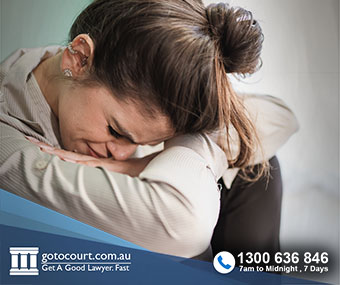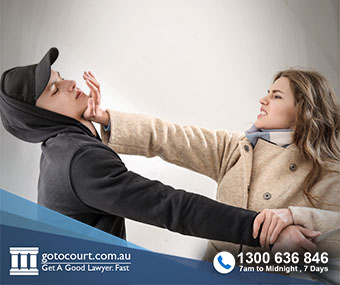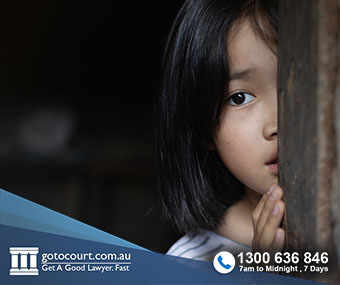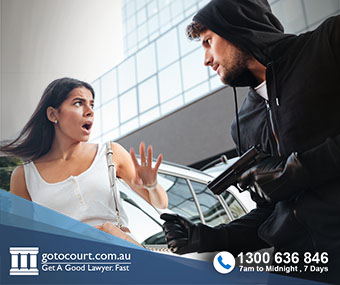The Defence of Self-Defence (Qld)
The Defence of Self-Defence (Qld)
In Queensland the law permits a person to use reasonable force to physically defend themselves, another person or their property. The defence of self-defence requires the person to have acted in a way that was reasonable in the circumstances and for the defensive conduct to have been proportionate to the threat faced. The law does not expect people to be passive when their safety is threatened. If a person reasonably defends themselves, the law recognises their right to do so and does not punish them for this, even if the other person ultimately comes off worse than the person acting defensively.
If a person acts in self-defence in the heat of the moment when they are fearful of being hurt or killed, they are not expected to ‘weigh their response on a knife’s edge’ to determine the exact level of force that is reasonable in the circumstances. However, the defensive conduct must not be out of all proportion to the threat the person was facing.
Burden of proof
The defence of self-defence carries what is known as a reverse onus. This means that once the defence of self-defence has been raised, the prosecution bears the burden of proving beyond a reasonable doubt that the defendant was not acting in self-defence. The defence does not have to prove that the accused was acting in self-defence. If the prosecution cannot exclude the possibility that the accused did the act in self-defence, the accused will be acquitted.
Legislative provisions
Some of the common law principles surrounding self-defence have been codified in Queensland in the Criminal Code 1899.
Defence of property
Section 274 of the Criminal Code 1899 provides that it is lawful for a person to use reasonable force to resist a trespasser taking their property provided the person does not do grievous bodily harm to the trespasser.
Defence of premises
Section 277 and Section 278 of the Criminal Code 1899 provide that a person who is in possession of a land structure, a vessel or a place or who is entitled to control or manage a place may use reasonable force to prevent trespassing or to remove trespassers. However, the force used must not cause grievous bodily harm.
Section 267 of the Criminal Code 1899 provides that a person in peaceable possession of a dwelling may use reasonable force to prevent another person from unlawfully entering or remaining in the dwelling if the person believes on reasonable grounds that the other person is attempting to enter the dwelling with intent to commit a crime and that it is necessary to use force.
Self-defence and assaults
Self-defence can be used as a defence to an unprovoked assault (Section 271) or to a provoked assault (Section 272). If the person defending themselves fears death or grievous bodily harm and they believe on reasonable grounds that it is necessary to use force in self-defence, they are not criminally responsible for using such force even if it results in death or grievous bodily harm to the other person.
The protection afforded by section 272 does not extend to a situation where the person started the fight with the intention of causing death or grievous bodily harm.
Defence of another
Section 273 provides that in any case where it is lawful for a person to use any force to defend themselves against an assault, it is also lawful for another person acting in good faith to use the same degree of force to defend them.
Murder and manslaughter
The common law provides that a person can be acquitted of murder on the basis of self-defence if they believed on reasonable grounds that it was necessary in self-defence to do what they did. In order to find a person guilty of murder where self-defence has been raised, a jury must be satisfied beyond a reasonable doubt that the actions of the accused were not reasonable in self-defence.
Zecevic v DPP
The leading authority on the defence of self-defence is the 1987 High Court decision of Zecevic v DPP. In that case, the defendant killed his neighbour and ran the defence of self-defence. The accused maintained that his actions were necessary as he believed the victim had a knife and a shotgun in his possession, which justified the accused retrieving his gun and shooting the man dead.
The court expressed the formula for determining whether the defence of self-defence applies in any case as follows:
‘The question to be asked in the end is quite simple. It is whether the accused believed upon reasonable grounds that it was necessary in self-defence to do what he did. If he had that belief and there were reasonable grounds for it, or if the jury is left in reasonable doubt about the matter, then he is entitled to an acquittal. Stated in this form, the question is one of general application and is not limited to cases of homicide.’
If you need legal advice on a criminal matter or any other legal matter please contact Go To Court Lawyers.

Affordable Lawyers
Our Go To Court Lawyers will assist you in all areas of law. We specialise in providing legal advice urgently – at the time when you need it most. If you need a lawyer right now, today, we can help you – no matter where you are in Australia.How It Works




1. You speak directly to a lawyer
When you call the Go To Court Legal Hotline, you will be connected directly to a lawyer, every time.

2. Get your legal situation assessed
We determine the best way forward in your legal matter, free of charge. If you want to go ahead and book a face-to-face appointment, we will connect you with a specialist in your local area.

3. We arrange everything as needed
If you want to go ahead and book a fact-to-face appointment, we will connect you with a specialist in your local area no matter where you are and even at very short notice.















